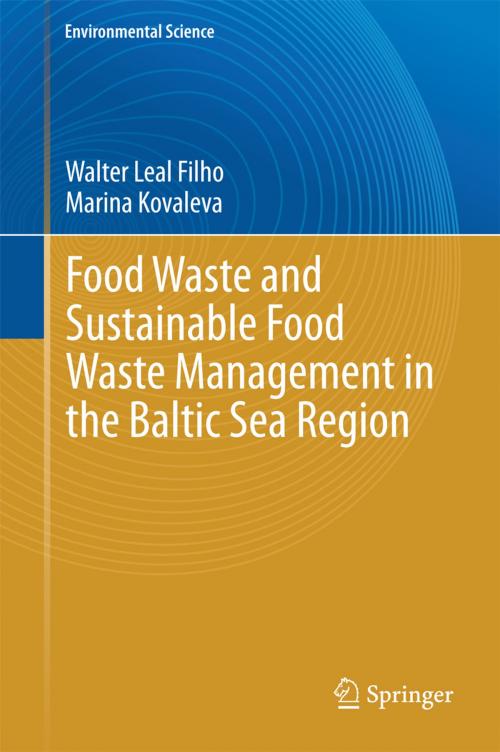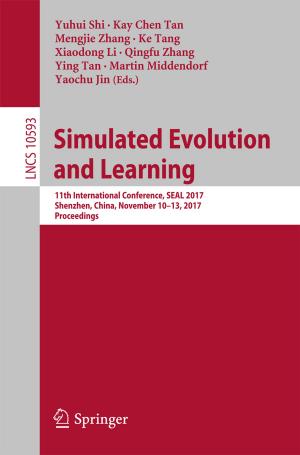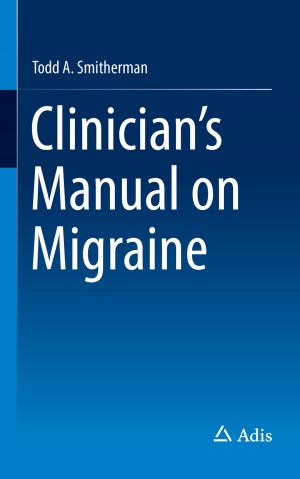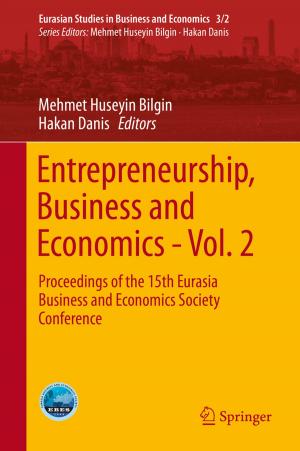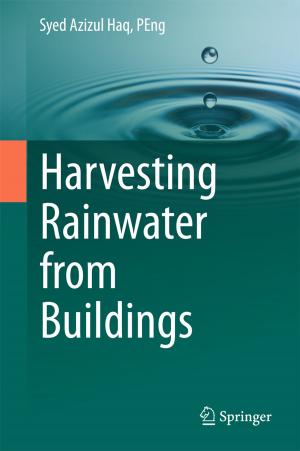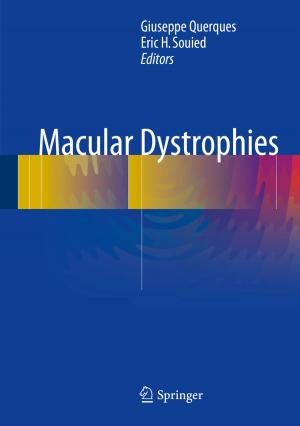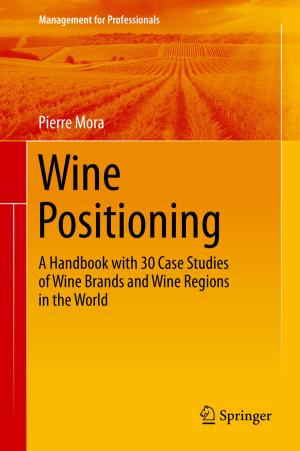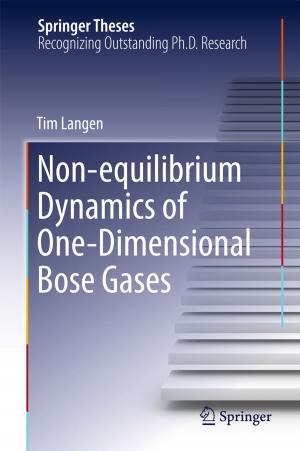Food Waste and Sustainable Food Waste Management in the Baltic Sea Region
Nonfiction, Science & Nature, Science, Biological Sciences, Environmental Science, Technology, Nature| Author: | Walter Leal Filho, Marina Kovaleva | ISBN: | 9783319109060 |
| Publisher: | Springer International Publishing | Publication: | September 12, 2014 |
| Imprint: | Springer | Language: | English |
| Author: | Walter Leal Filho, Marina Kovaleva |
| ISBN: | 9783319109060 |
| Publisher: | Springer International Publishing |
| Publication: | September 12, 2014 |
| Imprint: | Springer |
| Language: | English |
This work presents the findings of an extensive study on the state-of-the-art regarding the problem of food waste in Belarus, Estonia, Germany, Latvia, Lithuania, Poland and Sweden. The results show that the problem of food waste can be found at different levels in each country and that our knowledge of it is limited by the current lack of studies in the area. The problem is primarily due to food waste generated by the manufacturing sector, mostly in the form of unused or inefficiently used by-products, as well as on a share of food thrown away by households that is still suitable for human consumption. The main reduction/prevention method, applied across the countries, is food donation; the remaining methods are the same ones used for biodegradable waste in the respective countries. The findings gathered in this study show a number of potential measures/methods for sustainable food waste management, which may be considered in future works in order to reduce the amounts of food waste generated in each of the aforementioned countries.
This work presents the findings of an extensive study on the state-of-the-art regarding the problem of food waste in Belarus, Estonia, Germany, Latvia, Lithuania, Poland and Sweden. The results show that the problem of food waste can be found at different levels in each country and that our knowledge of it is limited by the current lack of studies in the area. The problem is primarily due to food waste generated by the manufacturing sector, mostly in the form of unused or inefficiently used by-products, as well as on a share of food thrown away by households that is still suitable for human consumption. The main reduction/prevention method, applied across the countries, is food donation; the remaining methods are the same ones used for biodegradable waste in the respective countries. The findings gathered in this study show a number of potential measures/methods for sustainable food waste management, which may be considered in future works in order to reduce the amounts of food waste generated in each of the aforementioned countries.
